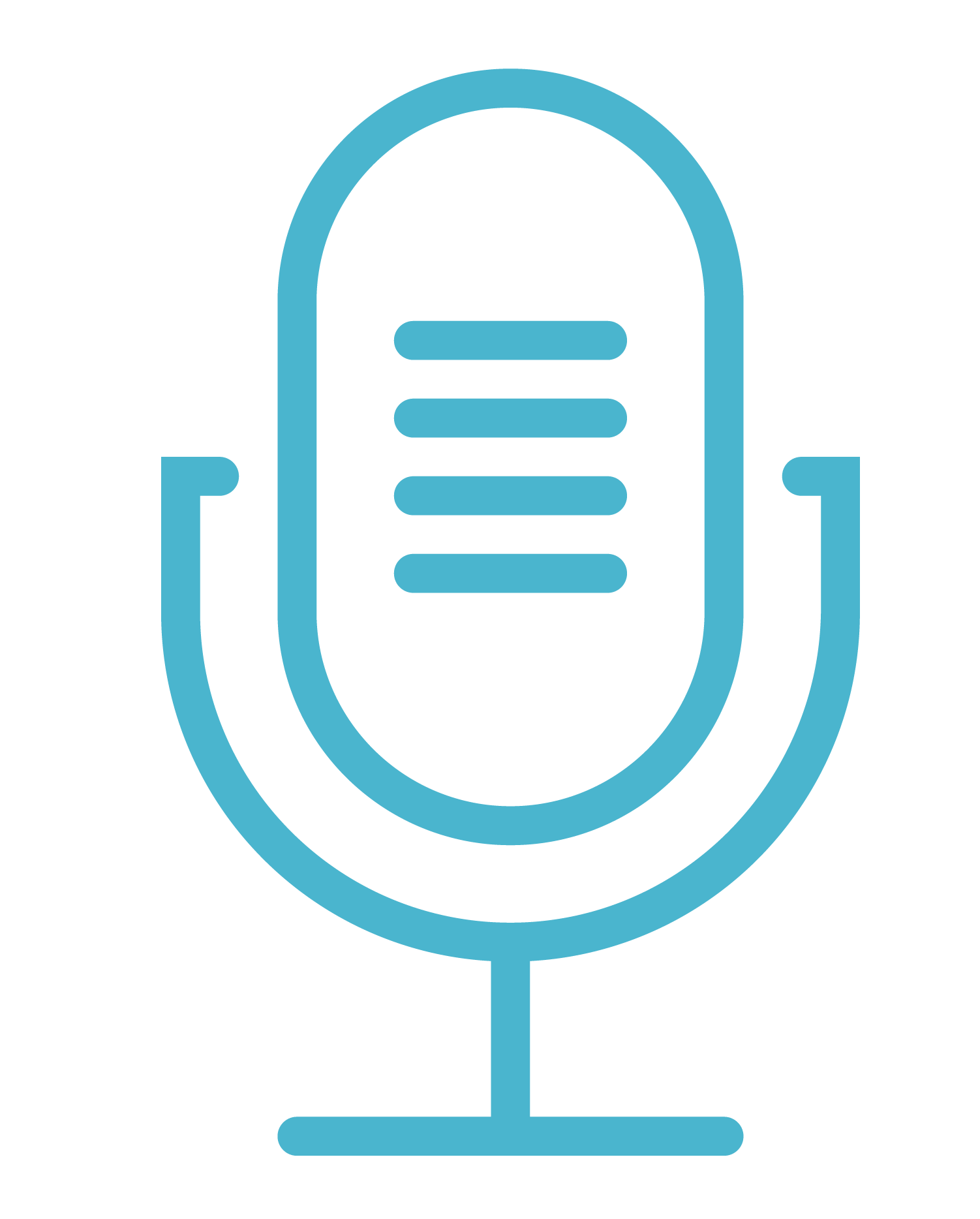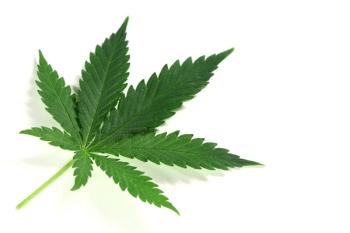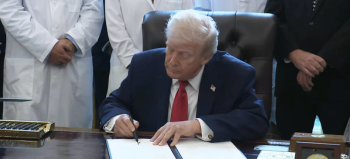
Empowerment through Education, Part V: Navigating Medical Cannabis Regulations

Join us for Part V of this multipart interview series as the co-founders of Cannabis Patients Pacific Northwest share their experiences navigating state and federal regulations around medical cannabis.
In Part V, Jeremy Robbins and David Benedicktus, co-founders of
Catch up on past interviews or watch the whole series!
Read a transcription of the interview.
Madeline Colli: As a patient, what do you think are some of the biggest challenges facing healthcare professionals that believe in cannabis as a medicine, aside from the financial aspect?
Jeremy Robbins: So as a patient, for me, it's challenging to get healthcare professionals to believe cannabis is a medicine right? Especially ones that are pretty steeped in the allopathic.
And then once I get them to believe that, I think they are limited in just the choices that they can make around it. Generally, though, I think that you know, pharma companies feel threatened by the legality of cannabis. I mean, we see this in Arizona, where, you know, big companies have given a lot of money to anti cannabis campaigns. And, yeah, it's not a system that is really open to a lot of alternative ideas. I think also the fact that I'm physically disabled, and you can see my disability works to my advantage. I think it's a lot more challenging for people that maybe have conditions that still have a legitimate legitimacy of needing cannabis, but it's just not as easy to tell.
Colli: Yeah, I can agree because I think I mean, this isn’t just cannabis related, but when you have a handicap sticker or whatever, if you don't see physically see it, you're walking fine or whatever, people think that you don’t have an issue.
Robbins: Yeah, it's a spectrum, you know, and there are a lot of challenges and in figuring out how to accommodate everybody.
Colli: Now, David from your retired nurse perspective, I guess same question. If you have any feedback on this.
David Benedicktus: Well, from interacting with other medical professionals, the Schedule 1 status of cannabis is a big barrier. I’ll just read you Schedule 1, just to see how insane it is in terms of all that we know the face of what Sanja Gupta says. ‘Schedule 1 drugs, substances, or chemicals with no current accepted medical use and a high potential for abuse. Some examples are heroin, LSD, marijuana, ecstasy, MDMA, methaqualone, and peyote.’ So that Scheduled 1 is preventing it from being researched, preventing access, and that also prevents people from getting training. And they're waiting for the cue right? The cues from policymakers in government that this is okay to do education on.
I interviewed for the podcast I had during the pandemic when I was sitting at home trying to figure out ways to interact. I interviewed a woman with a PhD who created and is revamping the chemical dependency program at Clark College. This is a two-year degree chemical dependency—science based and stuff like that—and she's bringing in trauma-informed care and treating these AA-degree people understanding the underlying causes for addictions. Cannabis isn’t part of that, as a harm reduction. She has the title of harm reduction, but cannabis can't be included in that because of the federal guidelines. So that needs to be integrated fully into all bachelor’s degrees, master's degrees, doctoral program, nursing school, physician’s school, naturopathic medicine school. And we're ready to teach—call us up. And we know people who have the degrees, PhDs and pharmacy, that can do that too, like Victoria Star and our friend here, Michael Graff, who now works—after his pharmacy closed—at Greenhead Cannabis. He went to work for the VA working on prescriptions for mental health drugs and for all drugs in the VA system here in Clark County, but he can’t talk about cannabis. And he ran a dispensary and he did it because he wanted to give back to the community. I mean that that's crazy to me. It's just nuts.
So it’s primarily education and understanding that it is plant-based medicine that’s been a legitimate part of our pharmacopoeia since the early 1300s and in the United States in the early 1700s. One of the things that people really enjoy in the class is to talk about the history of cannabis in the United States and how you had to grow hemp in the colonies because it was used for rope and people were using the seeds to make meal and stuff like that. And they didn't know about the anti-inflammatory properties of it, but it was also anti-inflammatory. I had Victoria Star, the pharmacist that took the class through University of Maryland, say, “now think about that. If hemp was being mass produced the United States, they were feeding the leftovers to animals. And so our animal stock had a high level of cannabinoids in their system that we were eating and that might be very protective.” So we need to start educating big time about that, just like I would say that we're doing slowly with the trauma-informed practice that is now expected to be part of every curriculum, right? Anybody that's in child-serving or family-serving agencies needs that background as part of their education. And holistic approaches to health care, including plant-based products that have less risk profiles need to be included in that. And done by people who have had the research at their fingertips. That's one of the things that's delightful again, shout out to Cannabis Science Conference for bringing all those researchers together it changed my life seeing Ethan Rosseau and Jeanie Meyer up there talking about it, you know, it’s just wonderful.
Colli: Yeah, one thing I think for one of the biggest challenges was what you're saying with Schedule 1, because it's such a big thing—because of the scheduling the insurances won't get involved. Banking, there's no banking for cannabis companies, which also harming industry because without having financial access, you know, they might not be able to produce as much or pay their bills. You know, I mean, and then that affects patients too. It all trickles down.
Benedicktus: Well, all the banking stuff and then the interstate transport. So we can't share between states information and cultivars in the states that are just ramping up—they can't get good quality products for their for their patients. And in the states that do medical usually have pretty low-quality products or not a diverse range of routes of administration available and at a high cost. So that gets me up on my soapbox for sure, Schedule 1, especially when you look at the risk profile of addiction compared to the other drugs that they mentioned there and the risk profile of the antidepressants that are being prescribed. It's unconscionable.
Colli: Yeah, and one issue too, is the regulation too, because I've interviewed people in the past and they might find a product that works for them in another state, but they can't get in their own state and they obviously can't bring it back. And then when they're traveling it's really hard to treat what they need cannabis for.
Benedicktus: Interesting story, a personal story. I had to go, sadly, to Hawaii in September for my younger brother's funeral. And I was thinking, “okay, I'm in Washington, I got a medical card. Can I take cannabis in Hawaii? Well yes, I can.” All I have to do is produce my Washington medical card. But then it says, on the Hawaiian site, but remember, you have to get it through TSA—you’re flying on a federally regulated airline who may not like you carrying it with you. And then for the small price of only $49 for the week that I’m there I can apply for a cannabis card in Hawaii.
Robbins: What?
Benedicktus: I can transfer my Washington registered medical card. I can then print off—it's good for 60 days, though I’m only going to be there for a week—but I can go to any dispensary there and get the cannabis. But I have to pay $49 to buy their card. Again, just crazymaking.
Robbins: Well, you bring up a great point. And it also goes back to patient access. And so Delta-8 is a great product. We had a lot of success with getting patients, especially new patients, novel patients, using Delta-8 with great success. It doesn't cause the anxiety that the Delta-9 does. But guess what? In Washington State, any cannabis product is under the regulation of the Liquor and Cannabis Board, the LCB, and the LCB said that they don't want the dispensary selling Delta-8 products, so they had to get rid of all of the D-8. Granted, you can still go online and you can buy this stuff and have it shipped to you. Not only did they get it out of the dispensaries but then it was also being sold at gas stations and novelty shops and things like that. And there might be some questions around the expertise that a gas station attendant has in selling somebody a Delta-8 product, I get that. But the dispensaries themselves? Yeah, I don't know. And then the fact that you know, you can go to another state and purchase those products. Florida, for instance, you can still go and get Delta-8 at the gas station. I was going to talk about this a little bit more in the five year future of the cannabis industry. But yeah, the patchwork system of laws, it needs to change. They need to get better testing. They need to figure out when they're making things like Delta-8 or THCO or whatever it is, how to do that cleanly, how to get all of the bad stuff out there. They can do it. It's science. It's not rocket science, it's cannabis science. Trust me, they can do it. So yeah, it's really interesting that these products that work for people, for patients, that depending on the regulations around them, they may or may not end up continuing to be legal.
Colli: I didn't realize that you can get it at your local gas station.
Benedicktus: That was one of the concerns they have. So yeah, so as Jeremy said, the gas station attendant might not the best resource for education, so have it at a dispensary, but they didn't want to fool with that. And they didn't want to create the regulatory mechanisms and review the efficacy and any contaminations and stuff like that of Delta-8 products. And as Jeremy said, it was a great alternative for folks that were looking for something with less anxiety, better nausea control, and then the Delta-9 and CBD combinations. So yeah, those are those are the barriers, the struggles, the challenges for patients.
Newsletter
Unlock the latest breakthroughs in cannabis science—subscribe now to get expert insights, research, and industry updates delivered to your inbox.




